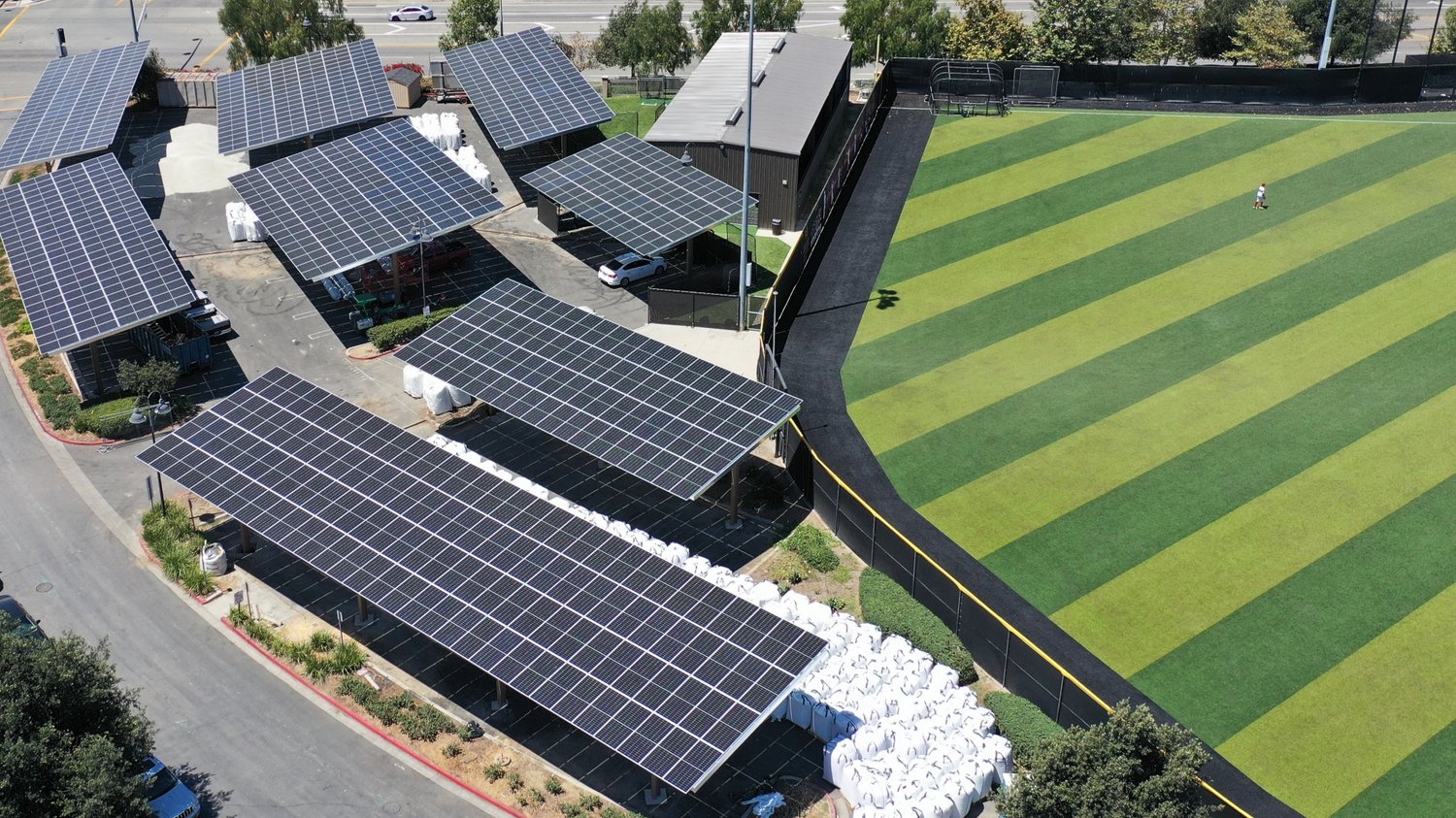ImpactAlpha, January 19 — Amazon is doing it. So are Meta, Microsoft and Google. The tech giants have begun capturing excess heat generated from their vast network of data centers to power everything from homes to community pools.
Recycled heat is emerging as a key strategy to help accelerate the energy transition. And as demand for energy intensive AI applications explode, data centers could play a starring role.
Much of the activity is happening in Europe, where communal “district heating” systems are prevalent. In the UK this week, data center developer Deep Green secured £200 million ($254 million) from Octopus Energy, a London-based energy supplier and investor, to scale a model that recaptures heat emitted from data centers and supplies it as free recycled heat to local communities. Deep Green gets free cooling in return.
Deep Green builds what it calls “edge” data centers – small data centers located close to the edge of a heating network that don’t require grid upgrades or planning permission.
In Devon, a county in the southwestern region of the UK, Deep Green’s recycled data center heat has warmed a public swimming pool. The company says it was able to slash the pool’s heating bill by more than half.
“By using excess heat from data centers to slash energy bills for communities across the UK, Deep Green solves two problems with one solution,” said Zoisa North-Bond of Octopus Energy.
Octopus, which operates a £6 billion portfolio of renewable energy projects, raised £625 million ($800 million) late last year from investors, including Al Gore’s Generation Investment Management and the Canada Pension Plan Investment Board.
The investment will help Octopus accelerate the growth of heat pumps and other low-carbon tech globally, and create 3,000 green jobs in the UK. The firm made the investment in Deep Green via its Octopus Transition Fund, which has backed companies such as Kensa Group to install 50,000 geothermal heat pumps in homes in the UK by 2030.
AI infrastructure
Data centers, which are critical for processing, storing and delivering large amounts of digital data, consume a massive amount of energy, accounting for around 1% of electricity use worldwide. They also emit a lot of heat waste that can be upcycled to heat up homes and other buildings.
Big tech companies, such as Microsoft, Google, Meta and Amazon are projected to spend close to a trillion to increase data center capacity to meet surging demand for AI computing, which has been likened to Bitcoin mining for its prodigious use of energy.
Supplying recycled heat to nearby communities could take some heat off, literally and figuratively, and help Big Tech meet its climate pledges.
In southern Finland’s Espoo, Microsoft formed a partnership with Fortum, a local Nordic utility company, to capture waste heat from the tech giant’s planned data centers for low-carbon heating for homes, businesses and public buildings nearby that are connected to its district heating system.
The partnership is expected to be the largest global data center heating system once it’s completed, according to the companies. The data centers, which will run entirely on zero-carbon electricity, will avoid about 400,000 metric tons of CO2 emissions yearly.
In Ireland, Amazon offers free excess heat from its data centers to local government offices and universities including TU Dublin. Meta, since 2020, says it has provided heat from one of its large data centers in Odense, Denmark, to the municipality’s district heating network.











